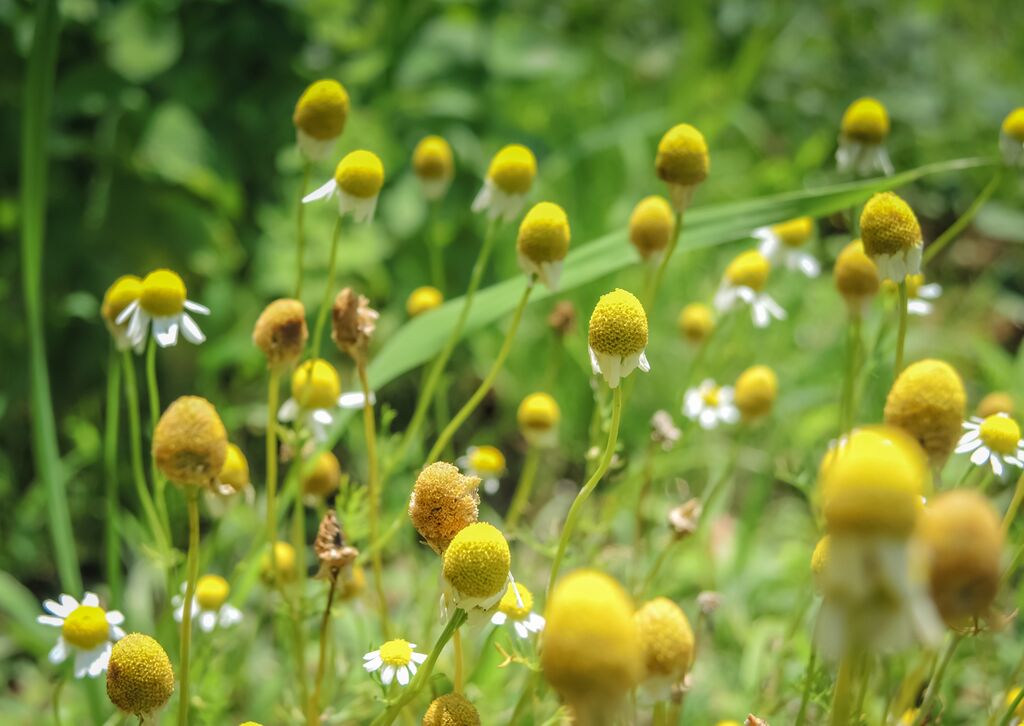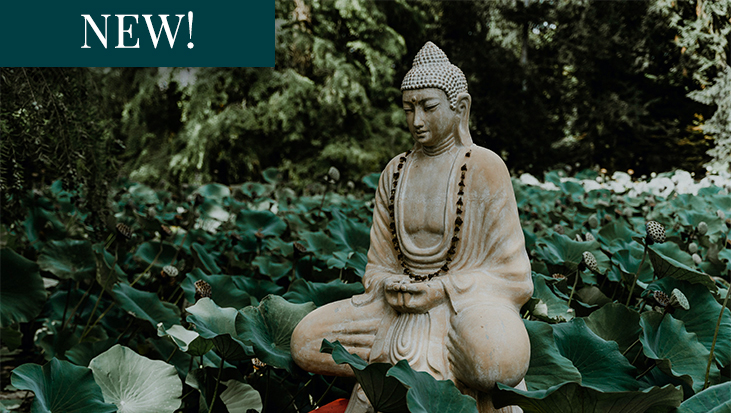Buddhist psychology offers specific teachings and practices for the development of forgiveness. Like the practice of compassion, forgiveness does not ignore the truth of our suffering. Forgiveness is not weak. It demands courage and integrity. Yet only forgiveness and love can bring about the peace we long for. As the Indian sage Meher Baba explains, “True love is not for the faint-hearted.”
We have all betrayed and hurt others, just as we have knowingly or unknowingly been harmed by them. It is inevitable in this human realm. Sometimes our betrayals are small, sometimes terrible. Extending and receiving forgiveness is essential for redemption from our past. To forgive does not mean we condone the misdeeds of another. We can dedicate ourselves to make sure they never happen again. But without forgiveness the world can never be released from the sorrows of the past. Someone quipped, “Forgiveness means giving up all hope for a better past.” Forgiveness is a way to move on.
In Buddhist psychology, forgiveness is not presented as a moral commandment; thou shalt forgive. It is understood as a way to end suffering, to bring dignity and harmony to our life. Forgiveness is fundamentally for our own sake, for our own mental health. It is a way to let go of the pain we carry. This is illustrated by the story of two ex-prisoners of war who meet after many years. When the first one asks, “Have you forgiven your captors yet?” the second man answers, “No, never.” “Well then,” the first man replies, “they still have you in prison.” For most people, the work of forgiveness is a process. Practicing forgiveness, we may go through stages of grief, rage, sorrow, fear and confusion. As we let ourself feel the pain we still hold, forgiveness comes as a relief, a release for our heart in the end. Forgiveness acknowledges that no matter how much we may have suffered, we will not put another human being out of our heart.
The practice of forgiveness grows through generosity and repetition. One of my teachers instructed me to practice five minutes of forgiveness for myself and others, twice a day for six months, which meant 360 times. Practicing with small misdeeds, such as my uncaring treatment of a friend, I repeatedly asked her forgiveness and gradually forgave myself. That experience encouraged me, but when I turned to my father, the process was much more difficult. Forgiveness took many years. It was only when he lay dying that I could look back and reflect on what had released me from our family suffering. When, at age 75, ten years after his first heart attack, my father was near death from congestive heart failure, frightened and in pain. I sat with him over long days and late nights. He kept asking me to stay. Because I had sat with my own pain and fear in meditation, I was not afraid. Because I had sat in the charnel grounds and with others as they died, I was able to offer the steady presence he needed. By now I also knew enough not to blurt out that I loved him, but I also knew that he could feel that I did.
Years of meditation, therapy and forgiveness practices had come with me into that room. I’d worked with my rage at my father and my sorrow and frustration as a frightened, impotent child. One day I pictured the yellow linoleum floor in the backroom where my father was beating my mother. I wanted to beat him and to rescue her. I felt sorry for and angry at my mother for her weakness, and for her collusion with his brutal arrogance. I struggled to release my father and all his rigid, paranoid violence. I relived the nighttime scenes where his eyes would become glazed and crazed looking, and the old bastard would curse and hit and hurt us, his family.
As I meditated and wept, I felt the pain of my own closed heart and wondered how I could forgive him. I breathed and practiced forgiveness and got inside his own wretched history, and my mother’s paralyzing fear. I saw him as a young teen when his father died. My father and his father were both caught between two women who hated each other. His coldly polished and controlling mother and his tight-fisted and iron-willed grandmother who lived just across the street and ran the family business. I saw his paranoia and fear and how hard his uncontrollable rage must have been for him. I saw his inexcusable acts and his unmanageable pain. . It helped when I discovered that my own rage was not so different from his. I learned to respect the anger, depression, cynicism and humor that my brothers and I had used to survive. I saw that we were not alone. I felt connected to a million fathers and estranged sons, to generations of family wounds, many greater than my own. Then I gradually saw, too, his creative and loving side, along with his capacity to hurt those he loved, and finally his humanity, all our humanity. And in the last days in the hospital, I could sit with him in all his complexity and forgive.
When students come to Buddhist practice, they learn the blessings of the path of forgiveness. Josh’s half brothers had legally cheated him out of part of his inheritance. He knew that through his own inattention he was complicit as well. Over five years he had tried to straighten things out with them, with only a little success. Still he carried the suffering and betrayal like a weight in his body. He had not been a regular meditator but to release his suffering, he undertook a systematic forgiveness practice. He knew that finding compassion and forgiveness were crucial for his well being. At first he struggled, and whenever his bitterness arose, I suggested he pay attention to his body. He could feel a familiar block of rigid tension in his shoulders and upper arms and a constricted pain in his chest. The clenched hurt and anger were a painful sign. He didn’t want to live this way. Even though he didn’t get the money, he did not want to live hating his brothers. Josh knew he had to release them. Over several months of repeated practice, the spirit of forgiveness came in, and little by little he learned to let go.
Forgiveness was also important for Julie, a college biosciences professor who worked as an ecological activist in Brazil and Guatemala. On retreat she told me how she had recently seduced a graduate student, and two young women in the field. She had mixed her love needs with the good work she was doing and her activism became a kind of self justification for these relationships. It all came up in her meditation. Julie was not sorry for her attempts at love and connection, but she deeply regretted the pain and betrayal she had caused.
I suggested that Julie write the whole set of stories down. They poured out of her. Then I asked her permission to read them. She gave them to me, and when I had done so we met together. I asked her what she felt we should do next. Her eyes watered and she said she wanted to ask forgiveness. I offered her my own, and told her that she had to consciously understand and feel the impact of her actions to commit to not harming. She thought she would write to these women. Then she had to find a way to forgive herself so she could be released from the past and let it go.
Even in extreme cases, the Buddhist teachings counsel forgiveness. In the Dhammapada, the Buddha gives an instruction that is both fierce and compassionate. “If someone has abused you, beat you, robbed you, abandon your thoughts of anger. Soon you will die. Life is too short to live with hatred.” With forgiveness we become unwilling to wish harm to another. Whenever we forgive, in small ways at home, or in great ways between nations, we free ourselves from the past. This is necessary for the Bosnians and Serbs, the Irish Catholics and Protestants, the Hutus and Tutsis. It is necessary to us all to find ways to forgive.
Laura grew up with a lot of shame about being poor. Outwardly she tied to overcome this by hard work. Laura was the first in her extended family to go to college, struggling with feeling insecure, like an outcast. After she graduated, she worked in the city for the Department of Public Safety. Sixteen years later she transferred to a farming community just in from the coast near Oxnard. She said, “Now that I’ve lived in the city, when I go into the coffee shop and see the old clothes, the uneducated farmers, it’s so easy to judge them and feel myself as different. We may be different in education and politics, but these are false ways we separate ourselves. Then when I really look, I just want to drop my judgments and be with them, with us.”
“My father was like them. He drank too much. He berated us, his daughters. He was terrible to his sons. I was desperate to get free of him, of our family. But my shame, anger and resentment stayed with me. When I began Buddhist practice, it was hard to sit still. After awhile I realized how sad I was, how much hurt was in my body. I was just trying to cope. I was grateful to be taught the loving-kindness and forgiveness practices. I did them twice a day for two years. I needed to forgive myself for being so angry and ashamed, as much as to forgive my father. Practicing forgiveness was like learning to stand and walk and feel good about myself. Then I was able to go home, to see my family, even my father, without hurting so much. Seven years later when my father got sick, it wasn’t hard to go back. I saw his slow decline until finally he was a weak old man on his bed. I knew that I loved him. I had forgiven us all.” With virtue and forgiveness we repair the world.
This excerpt is taken from the book, “The Wise Heart“






